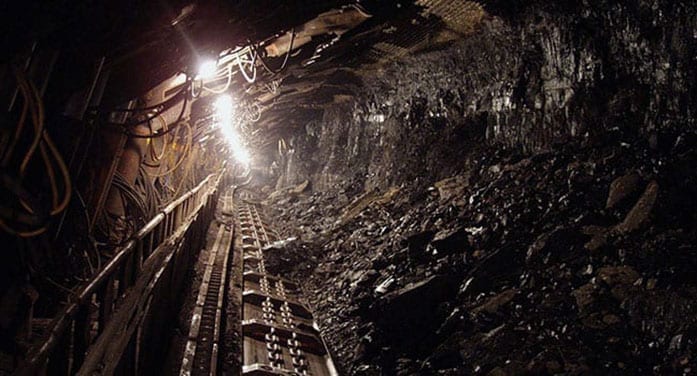By Jairo Yunis
and Alex Whalen
The Fraser Institute
As Newfoundland and Labrador deals with the effects of COVID-19 and recession, good news economic stories appear to be in short supply. However, a recent survey of investors sheds light on the province’s mining potential.
Mining plays an important role in the province’s economy and the survey provides hope for further expansion.
Every year, the Fraser Institute surveys mining investors around the world to determine which jurisdictions are attractive – or unattractive – to investment.
The survey spotlights policies (taxes, duplicative regulations, availability of labour and skills, etc.) known to impact investment decisions. The most attractive jurisdictions match geological attractiveness with a competitive government policy environment, or overcome lesser mineral potential with solid policies.

Jairo Yunis
Newfoundland and Labrador is a clear example of the former. When considering policy factors and mineral potential, the province is the eighth most attractive jurisdiction in the world for mining investment (out of 77 jurisdictions).
Newfoundland and Labrador’s improved performance in its overall investment attractiveness in 2020 (it ranked 28th in 2019) is largely driven by improved perceptions of mineral potential. The province went from 50th in 2019 (when considering only pure mineral potential) to 11th in 2020.
Much of the province’s current mining activity is in iron ore, nickel and copper. However, gold discoveries in the second half of the year might explain why investors now view the province as a premier mining investment destination. That is in addition to potential for rare earth elements – increasingly in demand – in southern Labrador.
However, the province doesn’t rely solely on its mineral endowment to attract investment. It also appeals to mining investors because it’s able to match its relatively strong endowment with competitive policies.
The province is the highest-ranking Canadian jurisdiction (eighth worldwide) based solely on policy perception. It excels in the areas of labour regulation and employment agreements, geological database and security. All survey respondents for the province indicated these policy factors either encouraged or didn’t deter investment in the province.

Alex Whalen
Similarly, Newfoundland and Labrador’s regulatory regime is perceived by investors as one of the most competitive in Canada for mining investment. Only 15 per cent of respondents indicated that the uncertainty regarding regulatory enforcement, environmental regulations and regulatory duplication discouraged investment in the province.
However, despite a competitive policy environment for mining, the province’s infrastructure continues to be a concern. Twenty-six per cent of respondents indicated that the province’s infrastructure was a deterrent to investment.
Uncertainty surrounding land claims and protected areas also continue to be a challenge across all jurisdictions in Canada.
Capital is highly mobile and will flow to jurisdictions with reasonable and predictable regulatory regimes, and competitive fiscal policies.
Relying on a jurisdiction’s endowment of mineral resources to attract investment isn’t sustainable. Policy-makers across Canada can take a page from Newfoundland and Labrador’s playbook by implementing competitive policies to go along with resource endowments.
The province should keep this in mind and continue working to improve competitiveness, given the industry’s importance to jobs and economic activity.
Newfoundland and Labrador’s mining sector employs almost 6,800 people and generates more than $4.3 billion in gross value mineral shipments.
Private-sector investment and growth will be crucial for Newfoundland and Labrador to overcome its current economic struggles. At a time of much negative economic news, the province’s mining industry represents a good news story.
Policy-makers should build on an already competitive policy regime to harness even more of the province’s vast mineral potential.
Jairo Yunis and Alex Whalen are analysts at the Fraser Institute.
Jairo and Alex are among our Thought Leaders. For interview requests, click here.
The views, opinions and positions expressed by columnists and contributors are the authors’ alone. They do not inherently or expressly reflect the views, opinions and/or positions of our publication.


